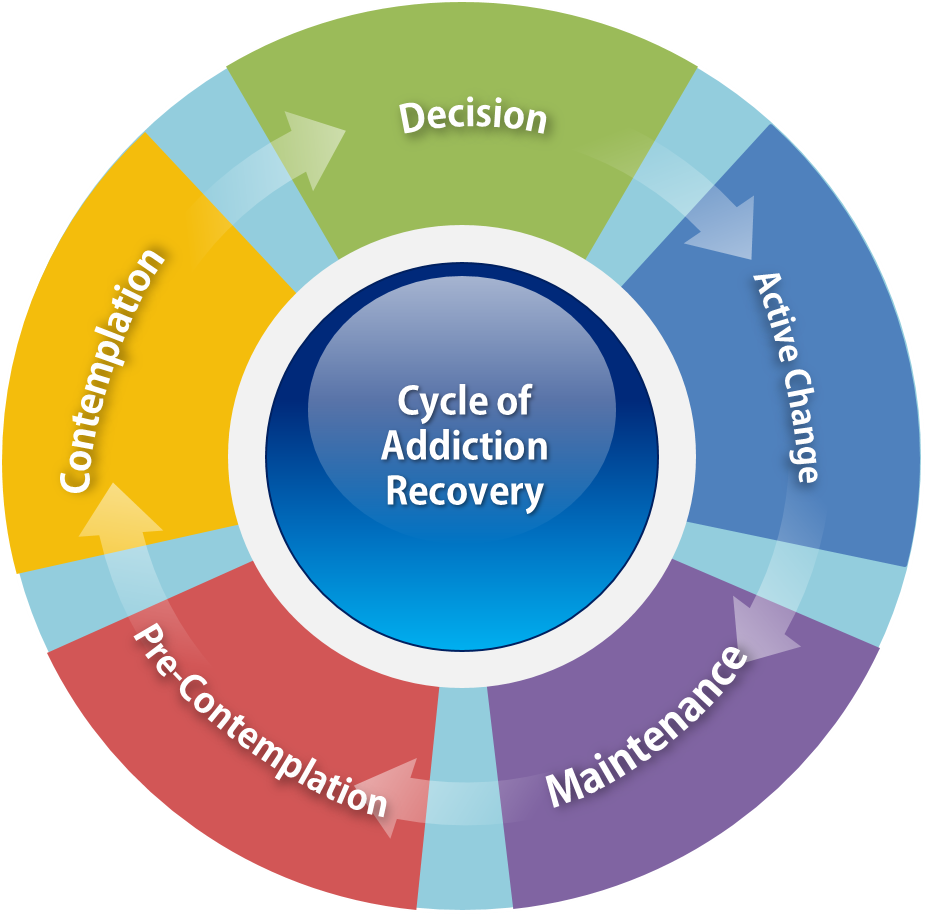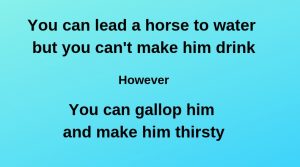How can I best help my alcoholic partner?
How can I help my alcoholic partner? This is the big question, isn’t it. This is the reason you came to Bottled Up, and probably many other websites besides, looking for an answer to this question. Well, some good news is we can help. We can show you how to make a real difference.
There are many great myths about alcoholics, but there is one that stands out most for people in your situation. You have probably heard it many times, in fact you must be sick of hearing it. People say it with great authority, why? Because they heard other people say it, and they believe it wholeheartedly. But it’s the last thing that you want to hear if you have an alcoholic husband or an alcoholic wife, or an alcoholic partner. You just don’t want to have another person look at you in that pitying way and say those dreaded words “You can’t change an alcoholic”. However, is that true? The answer to that is yes and no. To explain what we mean by that we need to look at a bit of background in how attitudes to alcoholism have changed.
How to help an alcoholic

How do alcoholics change?
Alcoholics do change. That’s a fact! Indeed, I’m one for starters. There are millions of sober alcoholics round the world, you may know one or even many. You may even know others that you are not even aware are sober alcoholics.
Addiction treatment is a huge industry and some rehabs charge, and get, enormous sums of money to help drinkers change their lives. If they had no effect, they would have gone out of business decades ago. Alcoholics Anonymous and other self-help organisations have helped millions of drinkers to change their lives. Again, if they had no effect they would have ceased to exist long ago. So, change can, and does, happen. In fact, a famous follow up study of alcohol treatment (The Rand Report) found that after 3 years a third of the people they followed up was abstinent, a third was still drinking but improved and only a third was still drinking at the same level. So, not only can alcoholics change – change is actually the norm.

In the 1970s and 80s the professional (and self-help) view was that you could not help an alcoholic, not until they had hit rock bottom and wanted to change. For addiction services that was a comfortable place to be. If the alcoholic got sober, then obviously the treatment had been effective. However, if the alcoholic did not get sober then clearly, they were not ready to change, a real win win situation, for the therapist!
Motivation to Change
At the end of the 80s things started to change through the work of researchers such as Prochaska and DiClemente and Miller and Rollnick. Rather than viewing alcoholics as being either motivated to change or not, Prochaska and DiClemente proposed a new model that had a number of ‘Stages of Change’. In their research they found that people could be in a one of these stages –Precontemplators – not considering change; (probably where a lot of your drinkers are sitting) Contemplators – thinking about change; Determination – decided to change; Action – actually making changes; Maintenance – staying changed.
This model showed that change was a ‘process’ and not an ‘event’. That is, alcoholics made a decision to change based on what was happening in their lives, it was not just random. Also ‘hitting rock bottom’ was different for everybody. For some it meant having to lose everything, for others the threat of the loss was enough. But, and it is a huge BUT, it meant that we could influence that decision to change.
Researchers started to look at what motivation to change looked like and how it could be increased, and to answer the question how could we help an alcoholic. What they found was that generally people change for one of two reasons, to avoid or get away from bad things or to get better things. Other research, McMahon and Jones (the same McMahon that is an author of this website) found that addicts changed to get away from bad things but stayed changed to get or keep good things. Makes sense, doesn’t it? And yet there are many people out there who would have you believe that alcoholics and addicts behave in a way that is totally incomprehensible and that we can do nothing to influence it.
Not true!
How to help an alcoholic change?
You may be thinking, OK this is all very well but how does it help me to help my alcoholic? Well it tells us two things. First, and very important, despite what people might tell you, you are not powerless. You may not be able to actually make your alcoholic change, but you can definitely make it much more likely that change will happen. You are probably familiar with the old saying “You can lead a horse to water, but you can’t make it drink”. Well there is a second part  to that that says “But you can gallop it and make it thirsty”; meaning that you can influence the outcome.
to that that says “But you can gallop it and make it thirsty”; meaning that you can influence the outcome.
Second, there is another saying “Nothing changes, unless something changes”. That may seem blatantly obvious, but what is less obvious is what (or even who) needs to change. Unfortunately, if you are going to help your alcoholic, the person who needs to start change happening is likely to be you. You will probably need to change some of the things that you do, the way you react to the drinking and the way you treat your drinker.
Now, it is important to realise that this is not our subtle, or not so subtle, way of saying that you are the problem. Absolutely not! Nor are we saying that its your fault. Your drinker has probably said that to you more than once. But that is absolutely not the case, drinkers make their own choice to drink, they don’t need any assistance. What we are saying is that some of the things you do may in fact be getting in the way of change, and so they need to go.
Influencing the Alcoholic to Change
If you have read much of the alcoholism literature, you will have come across terms such as codependency and enabling. We are not big fans of these concepts, as we feel that they have too many connotations of guilt and or disease. What WE DO believe is that these behaviours are just a natural response to a very difficult situation, but unfortunately, regardless of how natural and justified they might be, some of them just don’t help.
In Bottled Up we coined the term the 4Ps to describe these behaviours and we describe them in depth in the member’s section. When we suggest that these are natural behaviours, we are merely saying that they are instinctive reactions. We are not saying that it is the best way, or most effective way to  behave.
behave.
The first of these behaviours is Punishing. If someone has hurt us we often want to hurt them back in some way. Punishing can take many forms, silent treatment, withholding sex or other ways of making our feelings plain.
The second is Policing. This is checking how much your drinker is drinking, spending, are they where they say they are, hunting for stashes of drink, controlling how much money or time they have to spend.
The third is Picking a fight. You are angry as you have been let down, again, so you want to vent your feelings. You may have been sitting on this anger for some time and now you are going to let it out.
Finally, the fourth is Pleading. You have tried everything you know and nothing has worked so now you have only one strategy left that is to plead. What we mean is trying to get your drinker to recognize the deep feelings of hurt or pain you are experiencing.
Unfortunately, as you probably already know, none of these strategies have the effect that you hoped for. Indeed, instead of helping the alcoholic change, in many cases they may actually make things worse. The problem is that the drinker tends to drink to reduce negative emotions and, unfortunately, all of these strategies increase feelings of shame, resentment, guilt and anger in the drinker. So instead we advocate a different approach, an approach that we call LOVE.
Love and the alcoholic
In our LOVE approach we have incorporated the research findings into a program to help you and your drinker move towards successful and sustainable change. For this to happen, you will need to stop doing some of the things that don’t help change and start doing some things that will promote change. As we said already “Nothing changes until something changes”. And, to begin the process of helping your alcoholic, you will need to be the person that changes. LOVE is an acronym of Letting things happen, Optimising your time together, Valuing your drinker and Encouraging change.
Often partners of drinkers will protect them from the negatives of their drinking, clearing up after them, making sure they are fed, safe and comfortable. Drinkers, like all of us, tend to learn not to do things because of the negative consequences. If they are not experiencing those negative consequences, then they don’t learn. Hard as it may seem, you need to let the negatives happen. The only concession is to make sure that they are safe from harm.
In most drinking households, the aftermath of drinking is devoted to arguing  over the drinking behavior, the why’s and the consequences. In Bottled Up we suggest that instead you make the most of this time by planning things that you both, or as a family, like to do, something that, obviously, does not involve drinking.
over the drinking behavior, the why’s and the consequences. In Bottled Up we suggest that instead you make the most of this time by planning things that you both, or as a family, like to do, something that, obviously, does not involve drinking.
Too often partners of drinkers can fall out of love with their drinker. This is understandable as they have been disappointed so often. To prevent this happening, we suggest that you take time to value your drinker. Make a conscious effort to remember why you are with this person. What attracted you to them? Why did you get together, get married/ move in together? Doing this exercise can give you the motivation that you may need to make the changes in your behavior that are needed to help your drinker to change.
Lastly, if a drinker is to change, they will need encouragement. Encouraging does not mean doing everything for them, they need to take responsibility for themselves. It does not mean standing over them ensuring that they do things (that is back to policing). It does mean noticing any positive changes and acknowledging them. It may mean accompanying them to appointments or, drawing on the previous step, pointing out the positives of change in your and their life and relationship as a couple or family.
Change is not easy, for anyone. However, it is not only possible, it is likely to happen provided you follow these steps. Many members of Bottled Up have changed their lives, and their drinker, through following this program. In Bottled Up we give you all the information, tools and support that you need to be successful. So, if you want change in your life, come and join us, we want to help.
If you now feel that you have enough information and are ready for transformation then join Bottled Up to start your family recovery now.


